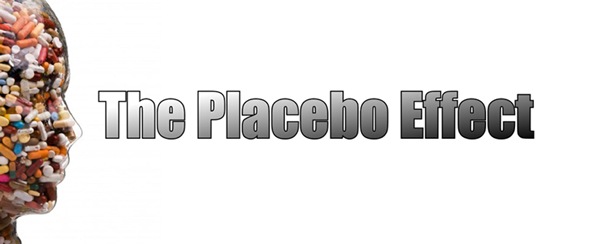
What is the Placebo Effect?
A placebo is anything that seems to be a “real” medical treatment — but isn’t. It could be a pill, a shot, or some other type of “fake” treatment. What all placebos have in common is that they do not contain an active substance meant to affect health.
Researchers use placebos during studies to help them understand what effect a new drug or some other treatment might have on a particular condition.
None of the people in the study will know if they got the real treatment or the placebo.
Researchers then compare the effects of the drug and the placebo on the people in the study. That way, they can determine the effectiveness of the new drug and check for side effects.
Sometimes a person can have a response to a placebo. The response can be positive or negative. For instance, the person’s symptoms may improve. Or the person may have what appears to be side effects from the treatment. These responses are known as the “placebo effect.”
There are some conditions in which a placebo can produce results even when people know they are taking a placebo. Studies show that placebos can have an effect on conditions such as:
Depression
Pain
Sleep disorders
Irritable bowel syndrome
Menopause
Research on the placebo effect has focused on the relationship of mind and body. One of the most common theories is that the placebo effect is due to a person’s expectations.
Experts also say that there is a relationship between how strongly a person expects to have results and whether or not results occur. The stronger the feeling, the more likely it is that a person will experience positive effects. There may be a profound effect due to the interaction between a patient and health care provider.
The same appears to be true for negative effects. If people expect to have side effects such as headaches, nausea, or drowsiness, there is a greater chance of those reactions happening.
One problem with the placebo effect is that it can be difficult to distinguish from the actual effects of a real drug during a study. Finding ways to distinguish between the placebo effect and the effect of treatment can improve and lower the cost of drug testing. And more study may also lead to ways to use the power of the placebo effect in treating disease.
Full article here.



